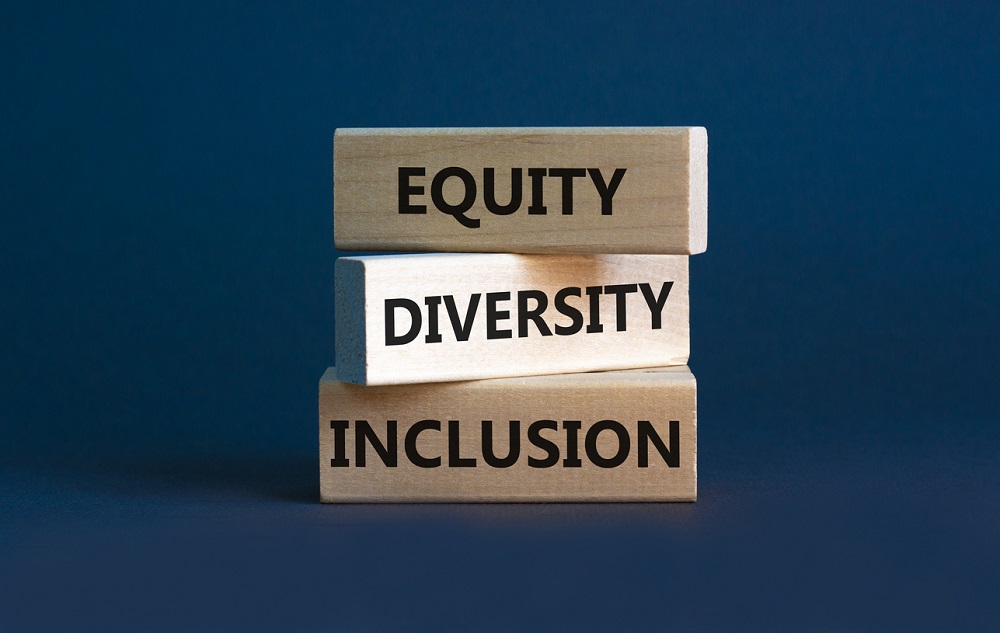As a leader in a company, your experiences at work will be very different from those of a junior employee. In fact, everyone’s experience of work and of life differs. To make good business decisions at every level, it’s important to understand each others’ worlds, and that’s where reciprocal mentoring comes in. So what is it, and why it is such a good idea?

About reciprocal mentoring
Reciprocal mentoring respects difference. It dovetails well with diversity and inclusion to help us understand others. It’s useful for challenging biases and assumptions, focusing on learning from each other. Nobody is in charge. The power is shared equally between the two people involved, encouraging learning and driving a positive, collaborative working culture. All this matters because making the most of your people means removing barriers to inclusion, finding ways to value equality and treat everyone with respect.
Reciprocal mentoring turns traditional mentoring upside down, often by pairing senior people with junior staff or individuals whose paths would not usually cross with the company. As each mentors the other, mutual understanding grows. Together you’ll explore, take apart and challenge established ways of working to create a fresh culture where everyone’s experiences, skills and ideas are valued equally.
Reciprocal mentoring is a powerful way to empathise with the challenges faced by people from different backgrounds. The reflective nature of the explorations you experience together brings about transformation in a sustainable way, with inclusion and diversity at its heart. And that is a great strength for any kind of organisation.
Where age and wisdom give way to equality
So, instead of a mentoring system focusing on age, wisdom and seniority, reciprocal mentoring is based on equality and the quality of the relationship between the people involved. And this makes it a real a two-way process. Because it inspires better communication between people at different career stages from different backgrounds, it widens the very definition of mentoring.
Seeing the world from a different point of view means both parties are aware of each other’s experiences. This awareness helps remove bias in hiring, promotions, and all sorts of other business decisions. It can be very enjoyable too. Being able to communicate freely and openly on a human level with others without feeling self-conscious, often leads to experiencing the pleasure of discovering different points of view.
This fair and generous exchange of value via a positive business relationship makes reciprocal mentoring special. It reveals the distinctive nature of individuals, showing how we’re all shaped by our culture and experiences. Inclusion taps into a person’s need to belong – whether it’s to a business or a team. It helps grow a stronger community at work and when done well it builds team performance, ultimately helping a company hang onto its best talent and serve its customers better.
Tips for achieving reciprocal mentoring success
Is there anything you can do to set the scene for success? Here are some tips:
- Make it clear people aren’t being asked to participate because they’ve done something wrong, or are not good enough – it’s about sharing knowledge, learning and growing
- Get feedback about reciprocal mentoring rather than implementing it from above
- Involve people from different departments, age groups and backgrounds, and make it wholly voluntary
- Decide what you specifically want to achieve from the mentoring and set goals accordingly
- Offer a short training session first so people know what to expect, can discuss the goals, ask questions, and make plans around how to share mentee and mentor roles fairly
- If you have an HR expert or department they should be able to help you decide which employees to pair up
You need to know whether it’s working, so design an anonymous survey for everyone involved to complete, tapping into the value and learning the mentoring has provided
Reciprocal mentoring encourages collaboration and insights across the organisation. People become more culturally aware, learn new skills and boost their creativity. Because people are listened to, heard and valued, they feel seen for who they are and their contribution. This kind of mentoring can increase people’s motivation and self-confidence, as well as their openness to trying new things.
What reciprocal mentoring can do for you?
As you can see, reciprocity is powerful. It can open the door to a greater understanding and let you manage diversity positively. It involves appreciative inquiry, explores people’s differences and reveals people’s similarities. Once we treat each other with honour and respect, no matter how different we are, where we come from and what we’ve experienced, collaboration and new ways of working can take root and grow.
About us:
We create the space for leaders to step back, think clearly, and navigate complexity with confidence. By sharpening the narrative that drives decisions, teams, and performance, we help leaders move forward with clarity and impact. Our approach blends deep listening, incisive challenge, and commercial focus—strengthening leadership at every level, from business transformation to boardroom decisions.
“We share resources that help coaches deepen their practice and expand their impact. The articles on this site are designed to spark fresh thinking, offer practical tools, and support the continuous growth of coaches at every stage. “
Jude Elliman
Founder
Our Core Approach:
We work with leaders to sharpen their thinking, strengthen their leadership, and navigate complexity with confidence. Our approach is built around three core areas:
Narrative Coaching – Working with the stories that shape leadership, teams, and organisations.
Commercial Focus – Cutting through complexity to drive clear, strategic decisions.
Challenge & Space – Asking the right questions while creating the space to reflect and grow.
Through this, we help leaders drive transformation, align teams, and make high-stakes decisions with clarity and impact.


